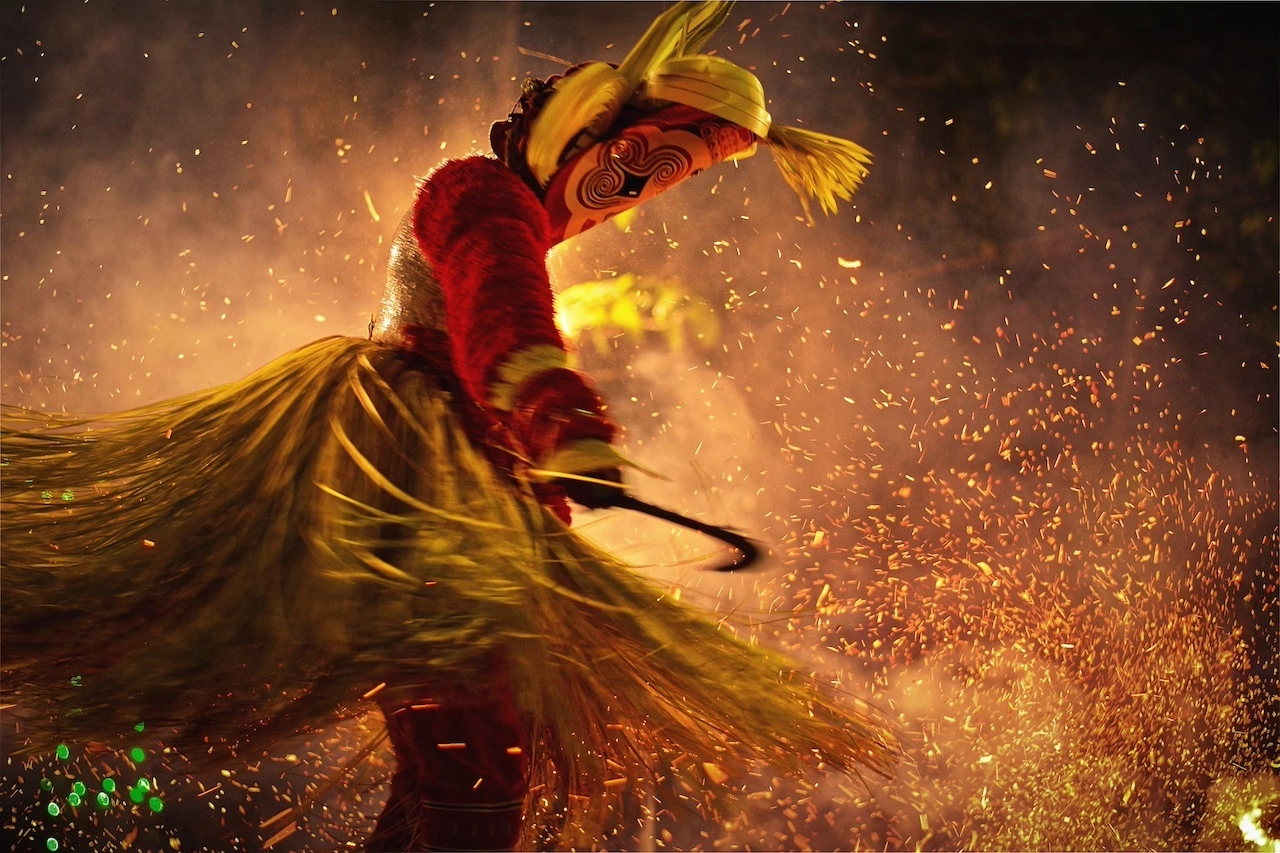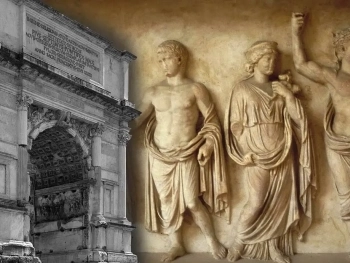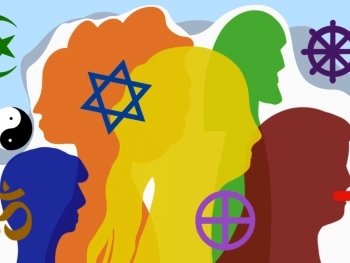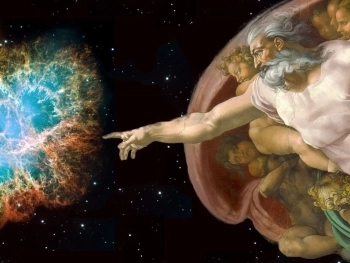Across the globe, spiritual festivals serve as vibrant tapestries, woven with the threads of faith, culture, and shared traditions. These celebrations not only mark religious milestones but also embody the essence of unity, fostering a sense of belonging among diverse communities. This article embarks on a journey to explore some of the most significant spiritual festivals celebrated around the world, highlighting the ways in which these joyous occasions bring people together in celebration of their shared beliefs.
I. Diwali: The Festival of Lights in Hinduism
- Symbolism of Light and Victory of Good over Evil Diwali, celebrated by Hindus, Jains, and Sikhs, signifies the triumph of light over darkness and good over evil. The festival is marked by the lighting of diyas (lamps), vibrant decorations, and the exchange of sweets, creating a joyous atmosphere of hope and positivity.
- Communal Celebrations and Cultural Unity Diwali transcends religious boundaries, with people from various backgrounds joining in the festivities. The exchange of gifts and communal feasts fosters a sense of cultural unity, emphasizing the shared values of compassion and joy.
II. Ramadan: The Month of Fasting in Islam
- Spiritual Reflection and Self-Discipline Ramadan, the ninth month of the Islamic calendar, is a time of fasting, prayer, and reflection. Muslims around the world abstain from food and drink during daylight hours, focusing on spiritual growth, self-discipline, and acts of charity.
- Iftar: Breaking the Fast as a Community The nightly breaking of the fast, known as iftar, is a communal event that brings families and communities together. Sharing meals and prayers during Ramadan strengthens the bonds of unity and compassion among Muslims worldwide.
III. Hanukkah: The Festival of Lights in Judaism
- Miracle of the Oil and Resilience Hanukkah, observed by the Jewish community, commemorates the miracle of a small amount of oil lasting eight days. The festival is marked by the lighting of the menorah, symbolizing hope, resilience, and the triumph of light over darkness.
- Community Gatherings and Cultural Pride Hanukkah celebrations often involve community gatherings, music, and traditional foods. The festival provides an opportunity for Jewish communities to come together, reinforcing cultural pride and solidarity.
IV. Vesak: Celebrating Buddha's Birth, Enlightenment, and Death
- Triple Celebration of Buddhist Significance Vesak, celebrated by Buddhists, marks three significant events in the life of Siddhartha Gautama (Buddha): his birth, enlightenment, and death. The festival is a time of prayer, meditation, and acts of kindness.
- Lantern Processions and Acts of Compassion Vesak is often marked by lantern processions, symbolizing the illumination of wisdom. Buddhists engage in acts of compassion, such as giving to the needy and freeing caged animals, promoting a sense of interconnectedness and altruism.
Spiritual festivals around the world serve as powerful expressions of faith, unity, and shared humanity. As communities come together to celebrate these joyous occasions, they not only honor their religious traditions but also build bridges of understanding and solidarity. Through the colorful tapestry of Diwali, the reflective fasting of Ramadan, the illuminating lights of Hanukkah, and the contemplative spirit of Vesak, these festivals underscore the universal values of love, compassion, and the pursuit of a better, more harmonious world.




